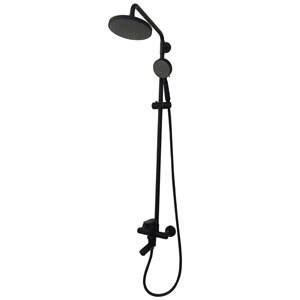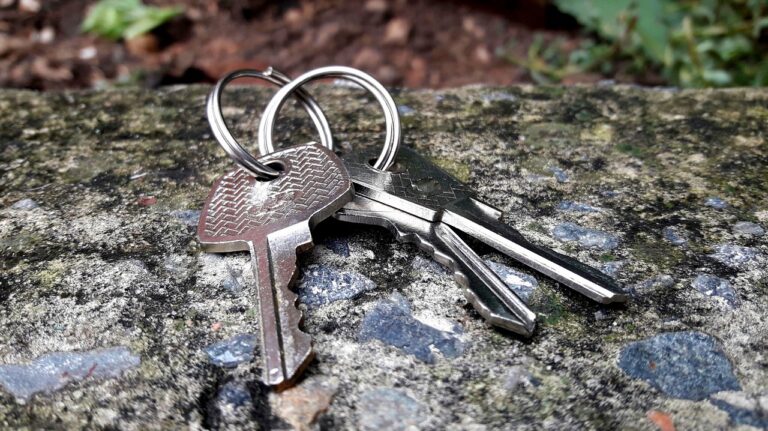The Role of Hot Tubs in Stress Management
11xplay pro, diamondexch9, sky exchange bet:When it comes to managing stress in today’s fast-paced world, many people turn to various methods such as meditation, exercise, and therapy. However, one often overlooked tool for stress management is the hot tub. Hot tubs have been proven to have numerous benefits for both physical and mental well-being, making them a valuable resource for those looking to relax and unwind. In this article, we will explore the role of hot tubs in stress management and how they can help you alleviate the pressures of daily life.
Benefits of Hot Tubs for Stress Management
– Hydrotherapy: One of the primary benefits of hot tubs for stress management is hydrotherapy. The combination of heat, buoyancy, and massage jets can help to soothe sore muscles, improve circulation, and reduce tension in the body. This can help to relax both the body and mind, making it easier to let go of stress and unwind.
– Relaxation: Spending time in a hot tub can provide a much-needed break from the hustle and bustle of daily life. The warm water and gentle massage jets can help to create a peaceful environment where you can relax and let go of your worries. This can help to reduce stress levels and promote a sense of calm and well-being.
– Improved sleep: Stress can often lead to insomnia and other sleep problems, which can further exacerbate feelings of stress and anxiety. However, spending time in a hot tub before bed can help to promote relaxation and improve sleep quality. The warm water can help to relax the body and mind, making it easier to fall asleep and stay asleep throughout the night.
– Mood enhancement: Hot tubs have been shown to release endorphins, which are natural mood-boosting chemicals that can help to alleviate stress and improve overall mood. The warm water and gentle massage jets can help to promote feelings of happiness and well-being, making it easier to cope with the challenges of daily life.
– Social connection: Hot tubs can also provide a space for social connection, whether with friends, family, or even strangers at a public facility. Spending time in a hot tub with others can help to strengthen relationships, reduce feelings of isolation, and provide emotional support during times of stress. This social connection can be valuable in helping to manage stress and promote overall well-being.
Tips for Using Hot Tubs for Stress Management
– Set aside dedicated time: To fully benefit from the stress-relieving effects of a hot tub, it’s important to set aside dedicated time for relaxation. Create a regular routine of spending time in the hot tub each day or week, and make it a priority to prioritize self-care and stress management.
– Practice mindfulness: While in the hot tub, try to focus on the present moment and let go of worries about the past or future. Practice deep breathing, meditation, or simply enjoy the sensation of the warm water and massage jets. This mindfulness practice can help to reduce stress and promote relaxation.
– Maintain a healthy lifestyle: While hot tubs can be a valuable tool for stress management, it’s important to also maintain a healthy lifestyle through regular exercise, proper nutrition, and adequate sleep. These lifestyle factors can further support your efforts to manage stress and promote overall well-being.
– Stay hydrated: Spending time in a hot tub can cause dehydration, so it’s important to drink plenty of water before, during, and after your hot tub session. Staying hydrated can help to support the body’s natural detoxification processes and prevent headaches or fatigue.
– Practice safety precautions: When using a hot tub, be sure to follow safety precautions such as not staying in the hot tub for too long, not using the hot tub while under the influence of alcohol or drugs, and not allowing children to use the hot tub unsupervised. These safety precautions can help to ensure a positive and safe experience in the hot tub.
In conclusion, hot tubs can be a valuable tool for stress management, providing numerous benefits for both physical and mental well-being. By incorporating hot tub use into your stress management routine, you can experience relaxation, improved sleep, mood enhancement, and social connection. Remember to set aside dedicated time for relaxation, practice mindfulness, maintain a healthy lifestyle, stay hydrated, and practice safety precautions when using a hot tub. By following these tips, you can harness the stress-relieving power of hot tubs and improve your overall well-being.
FAQs
Q: How often should I use a hot tub for stress management?
A: The frequency of hot tub use for stress management can vary depending on individual preferences and schedules. Some people may choose to use a hot tub daily, while others may use it a few times a week or as needed. Experiment with different frequencies to determine what works best for you.
Q: Can hot tubs help with chronic stress?
A: Yes, hot tubs can be beneficial for managing chronic stress. The combination of heat, buoyancy, massage jets, and relaxation can help to alleviate tension in the body and promote a sense of calm and well-being. Incorporating hot tub use into your stress management routine can be a valuable tool for managing chronic stress.
Q: Are there any health conditions that may prevent me from using a hot tub?
A: It’s important to consult with your healthcare provider before using a hot tub if you have any health conditions or concerns. Certain health conditions such as pregnancy, heart conditions, high blood pressure, or skin conditions may require special precautions or restrictions when using a hot tub. Be sure to follow safety guidelines and listen to your body when using a hot tub.
Q: How can I maximize the stress-relieving benefits of a hot tub?
A: To maximize the stress-relieving benefits of a hot tub, create a peaceful environment with soft lighting, calming music, and aromatherapy scents such as lavender or eucalyptus. Practice deep breathing, mindfulness, or meditation while in the hot tub to promote relaxation and reduce stress. Additionally, consider incorporating stretching or gentle movements to release tension in the body and further enhance the relaxation experience.







